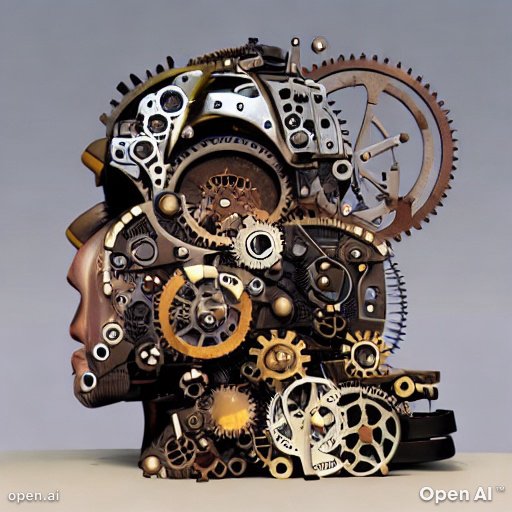Artificial intelligence has come a long way since its inception in the 1950s. In recent years, AI has advanced significantly due to breakthroughs in machine learning, natural language processing, computer vision, and robotics. Today, AI is used in a wide range of applications, from self-driving cars to personalized healthcare to intelligent virtual assistants.
One of the most significant advancements in AI has been in the area of machine learning. Machine learning is a type of AI that enables machines to learn from data without being explicitly programmed. This has allowed AI to perform complex tasks, such as image and speech recognition, natural language processing, and decision-making.

Another important development in AI has been the emergence of deep learning. Deep learning is a subset of machine learning that uses neural networks to analyze and learn from large amounts of data. This has resulted in breakthroughs in areas such as computer vision, natural language processing, and speech recognition.
AI is also being used in robotics, which has led to the development of intelligent machines that can perform tasks in industries such as manufacturing, logistics, and healthcare. These robots are designed to be adaptable, autonomous, and capable of learning and improving their performance over time.
Future of Artificial Intelligence:
Over the next 10 years, we can expect to see further advancements in AI that will have a significant impact on our lives. Here are some of the key areas where we can expect to see progress:
Natural language processing: AI systems will become much better at understanding and processing natural language, which will lead to the development of more sophisticated virtual assistants and chatbots.
Autonomous vehicles: Self-driving cars will become more commonplace, and we may see the emergence of autonomous delivery drones and other types of autonomous vehicles.
Healthcare: AI will be used to develop personalized medicine and treatments, and we may see the emergence of AI-powered virtual doctors and nurses.
Robotics: Intelligent robots will become more prevalent in industries such as manufacturing, construction, and logistics, and may even be used to perform more complex tasks such as surgery.
Quantum computing: The development of quantum computers will enable AI systems to process vast amounts of data even faster than they do today, which will lead to new breakthroughs in areas such as drug discovery, climate modeling, and financial analysis.
Overall, the future of AI is exciting, and we can expect to see new and innovative applications of this technology in the coming years. However, it's important to ensure that these developments are accompanied by appropriate ethical and regulatory frameworks to ensure that AI is developed and used in a responsible and beneficial way.
Congratulations @celescu! You have completed the following achievement on the Hive blockchain And have been rewarded with New badge(s)
Your next target is to reach 5000 upvotes.
You can view your badges on your board and compare yourself to others in the Ranking
If you no longer want to receive notifications, reply to this comment with the word
STOPCheck out our last posts:
Support the HiveBuzz project. Vote for our proposal!